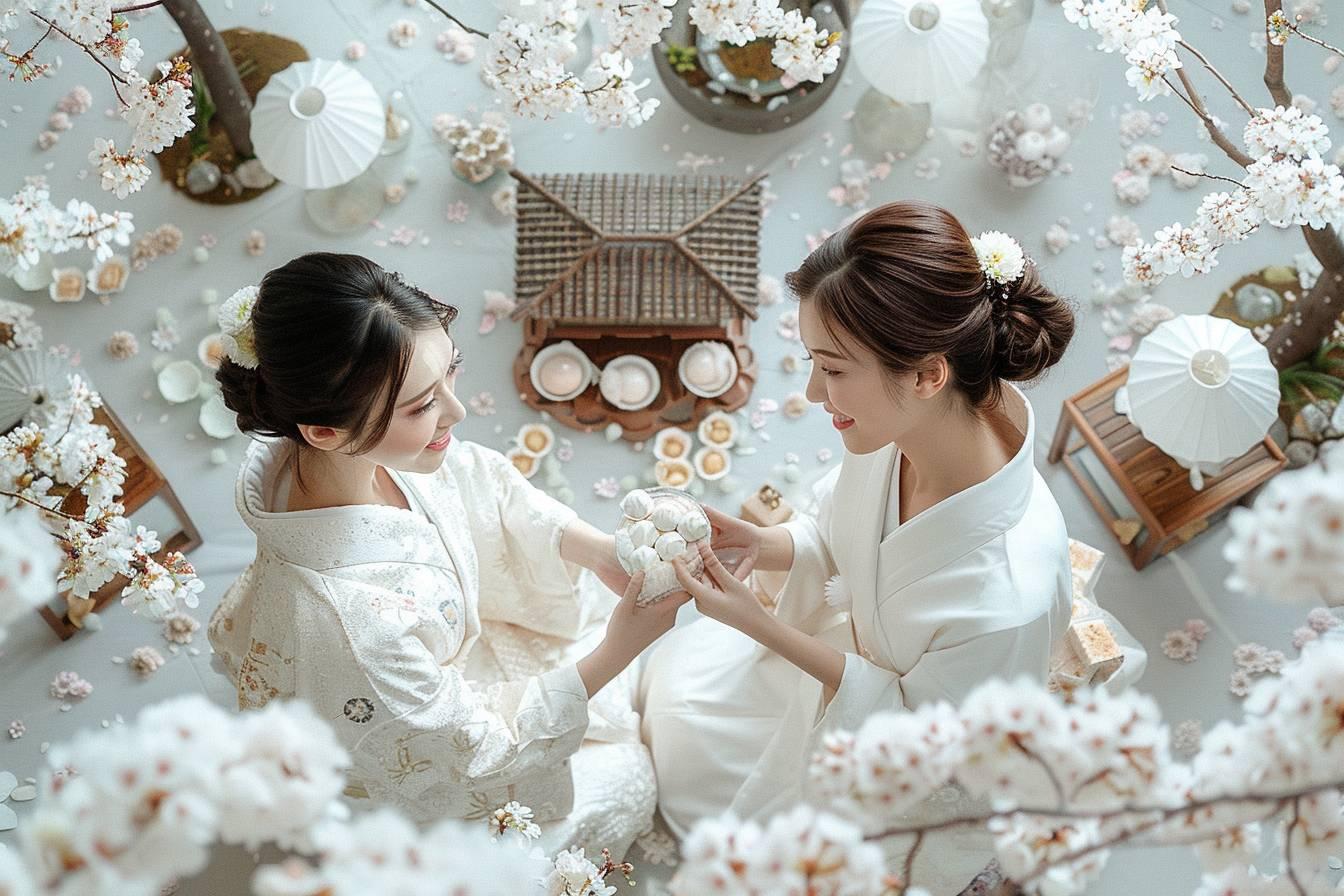Every year, as February 14th approaches March 14th, Japan finds itself cloaked in a tradition rich in its charm and unique in its execution.
While Valentine’s Day is a familiar concept globally, Japan offers a twist precisely one month later—known as White Day.
Unlike the typical reciprocal gift-giving traditions familiar in the West, this day offers a different perspective rooted deeply in Japanese culture.
As a globe-trotting developer who constantly researches local customs, discovering the essence of White Day was an enlightening experience.
In this article
How White Day forged its unique identity
In 1978, nestled within Japan’s cultural fabric, White Day emerged as a response to Valentine’s Day—a day characterized predominantly by women gifting chocolates to men.
The Japanese confectionery industry initiated this to capitalize on the chance for men to reciprocate. March 14th was thus designated as a day when those who received gifts on Valentine’s Day could return the gesture.
Known initially as Marshmallow Day, the tradition has evolved because the first gifts are marshmallows and white chocolate.
Today, men often give gifts of white chocolate, jewelry, and marshmallows, turning a simple reciprocation into an elaborate expression of gratitude and affection. The observance of this tradition has not only reinforced certain societal norms but has also fueled a significant commercial holiday in Japan.
The evolving traditions and cultural shifts
When I first experienced White Day in Japan, the sheer variety and significance of the gifts struck me the most. The ‘san bai gaeshi’—or ‘triple the return’ norm—dictates that the return gift should be three times the value of the Valentine’s Day gift.
However, recent years have noted a shift in this practice. There is a growing trend among younger generations who favor more personal and meaningful gifts over obligatory expensive ones, reflecting changing relationship dynamics and individual expressions.
This evolution speaks to a broader cultural dialogue about Japanese society’s changing roles and expectations. As gender norms shift globally, so does the perception and practice of such occasions, marking a significant shift from obligation to genuine appreciation.

White Day’s impact beyond Japan
The fascination with White Day isn’t just confined to Japan. Its cultural footprint has extended to neighboring countries like South Korea and Taiwan, which have adopted similar practices.
Each region adds its local flavor to the day, enriching the tradition while respecting its essence of reciprocity and respect in relationships.
While living in South Korea, I witnessed a comparable enthusiasm for White Day, though with slight cultural modifications. Seeing how different cultures adapt the concept to fit their societal context was intriguing.
Gift ideas and cultural significance
Finding the perfect gift for White Day can be a delightful challenge. Traditional gifts include cookies, jewelry, and white chocolate, each symbolizing love and care.
For instance, presenting cookies might symbolize a sweet, enduring relationship, while white chocolates often symbolize genuine, heartfelt emotion with their purity and simplicity.
Moreover, collective gifting to female colleagues has become a widespread practice in the workplace. It signifies respect and appreciation, a beautiful blend of professionalism and cultural tradition.
Reflecting on the charm and future of White Day
As we look forward into the future, White Day continues to hold a special place in the hearts of many. It is a day that has adapted to changing societal norms and preserved the essence of reciprocal appreciation and respect in relationships. From my travels and experiences, embracing such unique traditions has always been a source of joy and learning.
Whether in the bustling cities of Japan or the neighboring shores of Korea, White Day remains a testament to the beauty and evolving nature of cultural traditions. It’s yet another reason that exploring East Asia is truly enriching.
Who knows? Maybe next March 14th, you’ll find yourself partaking in this unique celebration, experiencing firsthand the charm and depth of White Day.




